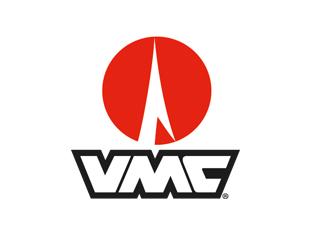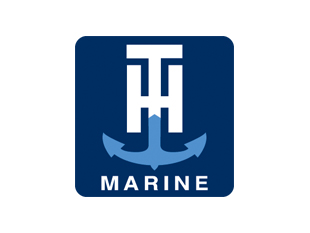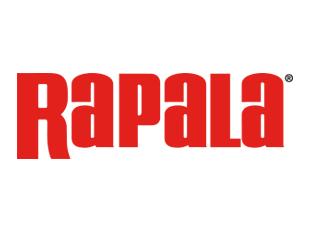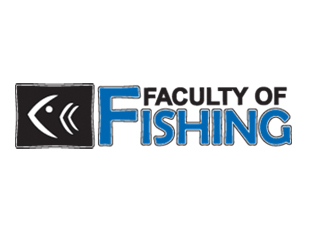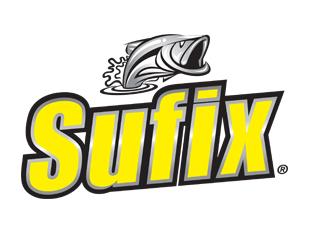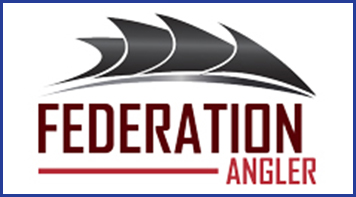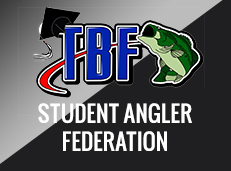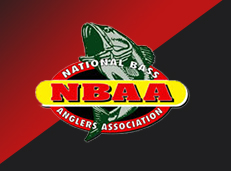By Dick Smith Conservation Director TBF New Hampshire
Answer: everyone . . . and equally.
The rivers, lakes, and most of the ponds in New Hampshire are held in the public trust by the state.
Many (not all) lakeshore property owners often feel that the lake is more “theirs” than the general public. They feel this way because of the high property taxes that they pay and the fact that their dock is placed in the public water. Listen, the lake is not valuable because they built a house on it’s shoreline . . . their house is more valuable because of the lake.
The reality is that there are potential positives and negatives when you choose to live adjacent to a public park. It makes no difference if that public park consists of grass or water. If you build or buy a house adjacent to a park with a ball field, you should not complain when the kids inadvertently hit a ball onto your front lawn. You should not be able to petition the selectmen or town manager to restrict the kids or other folks who are using the park. You should have known that the public would be using this park and that they might make some noise early in the morning or late in the evening.
If you build or buy a house adjacent to a lake, pond, or river, you should not be surprised that the general public wants at least reasonable access to what is their water. Some of us will want to launch our boats and start fishing at 5:00 AM – when we all know fishing is best. It is not right for a group of lakeshore property owners to be able to use their wealth and political influence to restrict how the general public can use the lake. If you put your dock into the public water, you should not be surprised when bass anglers that are fishing along a shoreline also fish the water your dock is in. Remember, that water, the aquatic vegetation, and the fish belong to everyone . . . equally.
Just because you are fortunate enough to own property adjacent to a lake does not give you the right to remove natural cover (like trees that have fallen into the water) or aquatic vegetation. These are very important parts of the fisheries habitat. Some lakeshore property owners don’t see it the same way as anglers or fisheries biologists. They view all aquatic vegetation as icky weeds that ought to be gotten rid of and don’t want them around their dock and “private” swim area. They would rather see “pristine” (and sterile) water because it is more pleasing to their eyes and increases the value of their lakeshore property.
Owning a house adjacent to the public water does not entitle you to put chemicals or fertilizers on your lawn and shrubs that can then leach into the water. It is your responsibility to make sure your septic system at least meets minimum standards.
Now, what are some of the responsibilities of the boating public? First, we must show courtesy and consideration for others who may be wanting to enjoy the lake or river too. We must make every effort to help keep the water clean and make sure the wake from our boat is not contributing to undue erosion. And please, after loading your boat onto the trailer, look around and pick up any trash that you see. That’s the New Hampshire way.
by Dick Smith Conservation Director TBF New Hampshire







